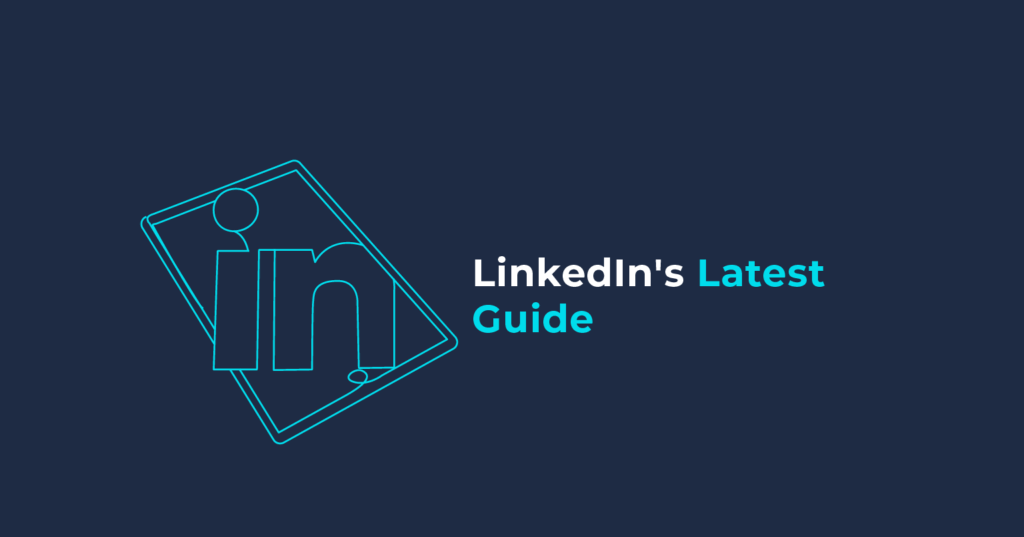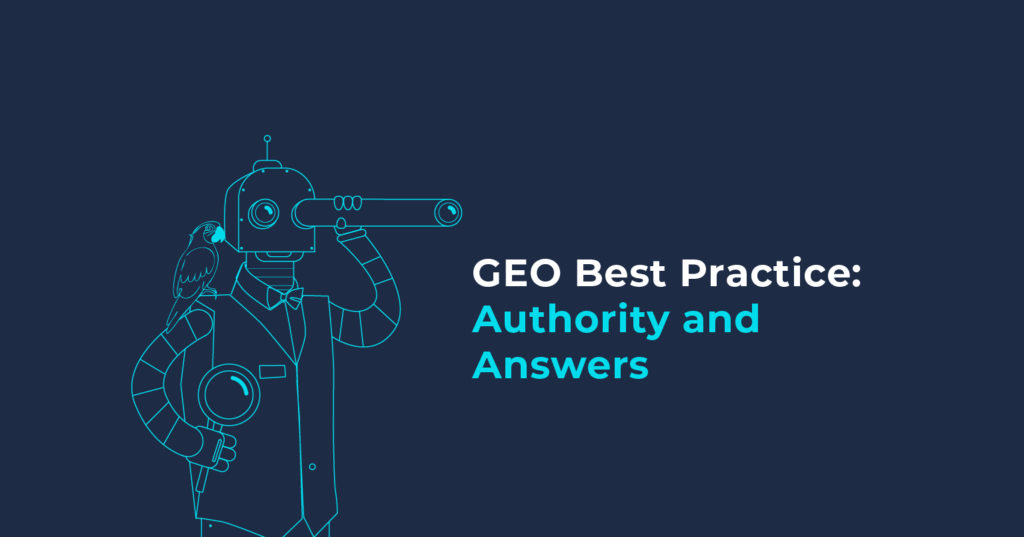Everything B2B Marketers Should Know about LinkedIn Content Creators
How you can transform your C-suite and employees into LinkedIn Content Creators—and why it’s a good idea.
Reading: 0118 322 4395 | Manchester: 0161 706 2414 | Oxford: 01865 479 625 | info@sharpahead.com | Office hours: Monday-Friday 9:00am - 5:30pm
| Office hours: Monday-Friday 8:30am - 5:30pm
| Email | Office hours: Mon-Fri 9:00am - 5:30pm
Five reasons your B2B paid search campaigns failed
Subheading
Paid search – which usually means Google Adwords, sometimes in combination with other search channels like Bing Ads or Baidu – is a key part of most of the B2B marketing projects we work on at Sharp Ahead.

We love it because it delivers great results for our clients – both incremental new business leads and increased conversions from leads sourced from other channels. And don’t let the “paid” part put you off. Used well, paid search is amazingly cost effective. Once you account for the time and effort costs of so-called “free” traffic (from SEO, social media and other forms of content marketing), paid search is likely to give the best ROI of all B2B digital marketing channels.
But there’s a paradox. With many of our new clients we find ourselves having a conversation like this:
Sharp Ahead: “We’re going to be using paid search as a key part of our lead generation strategy.”
Client: “Really? We tried paid search a while back and it didn’t work for us. We wasted a lot of money and gave up on it.”
We hear this story of “we tried paid search and it didn’t work so we gave up” again and again, but the contrast with our own work couldn’t be more stark. Done well, paid search delivers excellent results for almost every B2B digital marketing challenge. So why this difference in experience?
Paid search is complex and there are a lot of ways to get it wrong without even knowing it. Here are some of the key reasons why your previous paid search campaigns might have failed:
It’s easy to set up a paid search campaign based on too broad a set of keywords. You’ll get lots of impressions and lots of clicks – and inevitably spend lots of money. But your B2B marketing proposition is specialist, so you should be focusing on long-tail keywords and highly specific search terms. If your keywords are too broad, most of the people who see your search ads won’t be good buyers. You’ll spend a lot of money on worthless clicks and your campaign will give poor value. A campaign that converts needs to target niche keywords.
It’s likely that there will be some important geographic factors around your B2B proposition. Perhaps you only sell in particular regions, or you have a different story to tell depending on where the prospective customer is based. One of the most powerful things about paid search is the very fine and subtle control it gives you over geography. You can run ads only within very specific geographic regions, or exclude geographies that are not of interest, and show different ads to people in different geographic regions. If you run a campaign without using these geographic controls, most of your ads will show to the wrong people and the consequences are the same as if you chose keywords that are too broad – wasted spend and poor results.
Ad copy really matters in paid search, and it’s a tricky art. It might seem easy – after all, there are just a few characters to play with – but crafting good search ad copy is a real skill. If your ad isn’t well written, it won’t get clicks from quality prospects and your campaign won’t deliver a return. This isn’t just about mass appeal: you need to craft an ad that attracts the attention of the niche market segments that are the potential buyers of your B2B proposition. And, of course, you need your ad copy to align with your brand positioning. Remember, your ad needs to compete for attention with both your competitors’ ads and the natural search listings on the results page, so it has to get its message across effectively in order to get results.
So you choose good keywords, pick the right geographic options and write great ad copy. You get some great clicks. And you send them to your HOME PAGE? D’oh. A great paid search campaigns needs great landing pages, with information that both clearly defines your business proposition and that is relevant to your advert copy – all within the first click. You won’t sell to anyone unless your landing pages give your potential customers the information, the persuasion and the opportunity for them to take action.
The last reason for campaign failure sounds crazy, but it’s a real issue: your campaign DID work and you just didn’t know it! How could that happen? Several ways, but one of the most common in B2B lead generation is that people see your paid search ad and it drives them to pick up the phone. (Seriously-engaged B2B buyers like the phone; it’s a time-efficient way to communicate and it lets them judge your company via a real human interaction.) It’s likely that you get inbound phone enquiries all the time from all sorts of sources, so unless you’ve taken special steps to keep track of paid search enquiries (like showing a unique phone number with paid search ads), you won’t be able to attribute results to your campaigns. In a recent campaign we found 80% of paid search enquiries came via inbound phone calls, with only 20% filling in the contact form on the landing page. Without sophisticated tracking and analysis tools in place, it would have been easy to misjudge the results and mistake a winning campaign for a failure.
Did you make any of those mistakes in a previous failed paid search campaign? If so, perhaps you should give paid search another try.
Ready to find out more? Please call on 0118 322 4395.
How you can transform your C-suite and employees into LinkedIn Content Creators—and why it’s a good idea.
Learn how to build authority and craft AI-ready answers with GEO (Generative Engine Optimization) — a must-know for B2B marketers.
AI is changing the world fast and SEO is no exception. Here’s how to start preparing for AIOs and agentic search now.



B2B Digital Rocket Fuel straight to your inbox
Add your email address below to receive our biweekly newsletter and stay up to date with the latest B2B digital marketing news and insights.
You'll also get instant access to our growing catalogue of marketing resources.
“An invaluable resource for getting the latest and greatest ideas and tips on B2B digital marketing. My students also benefit from the industry insights.”
Louize Clarke, Founder, The Curious Academy
Reading Office
The Curious Lounge,
Pinnacle Building,
20 Tudor Road,
Reading,
RG1 1NH
0118 322 4395
reading@sharpahead.com
Manchester Office
CORE,
Brown Street,
Manchester,
M2 1DH
Oxford Office
Oxford Centre for Innovation,
New Road,
Oxford,
OX1 1BY
01865 479 625
oxford@sharpahead.com
© Sharp Ahead | VAT: 184 8058 77 | Sharp Ahead is a company registered in England and Wales with company number 08971343